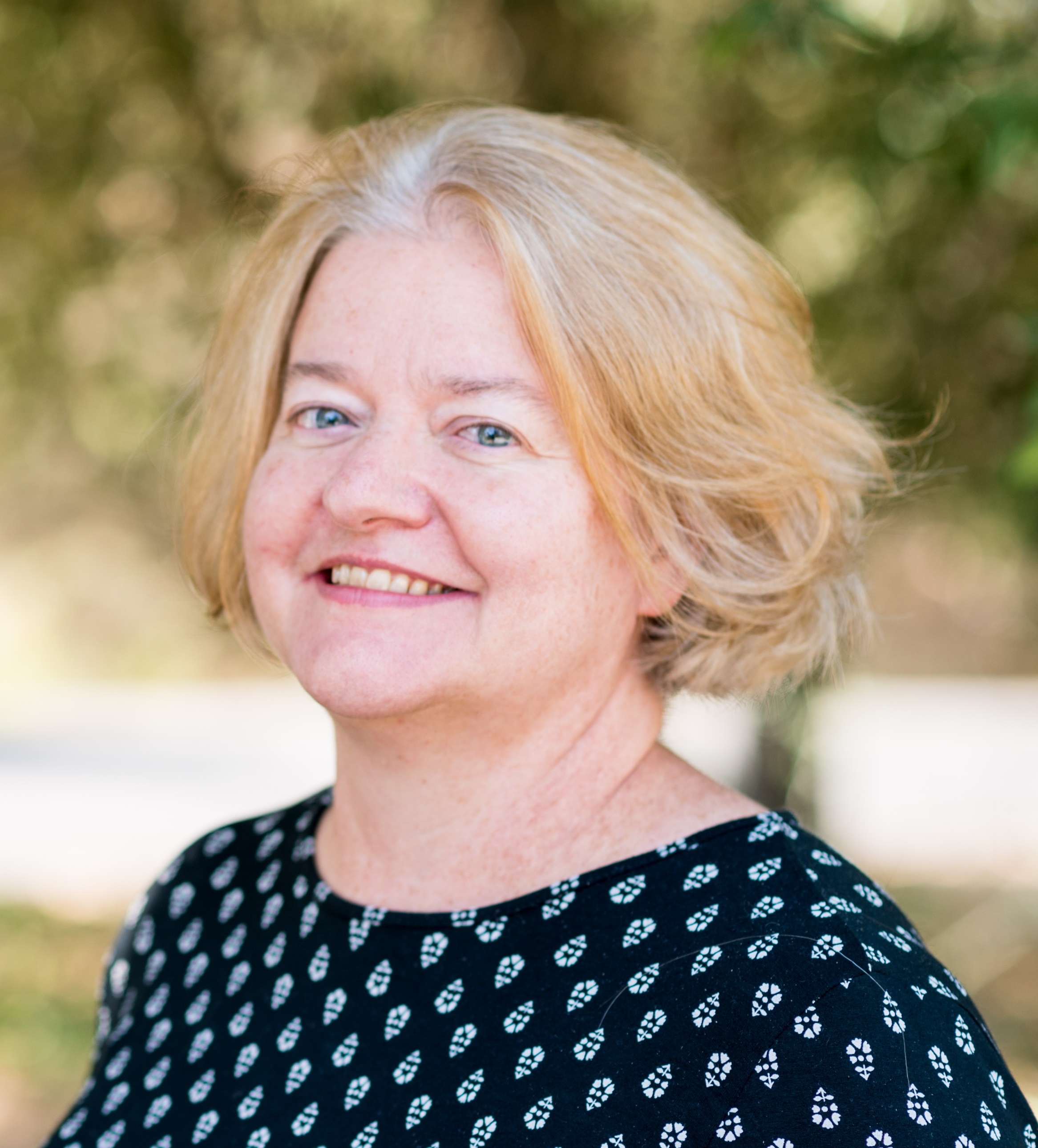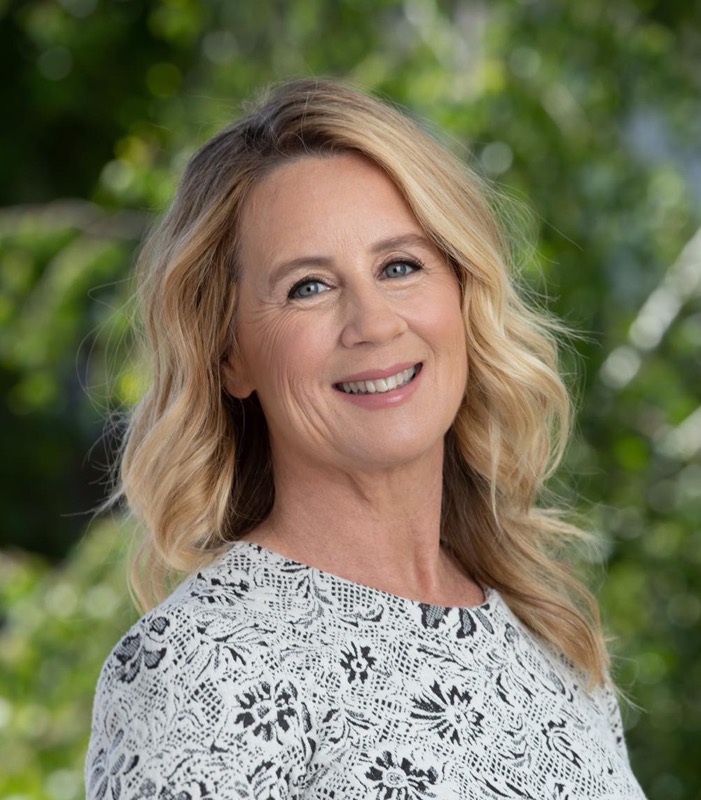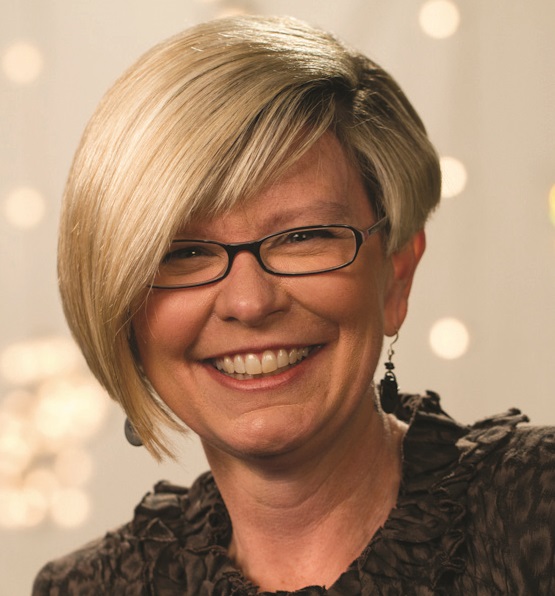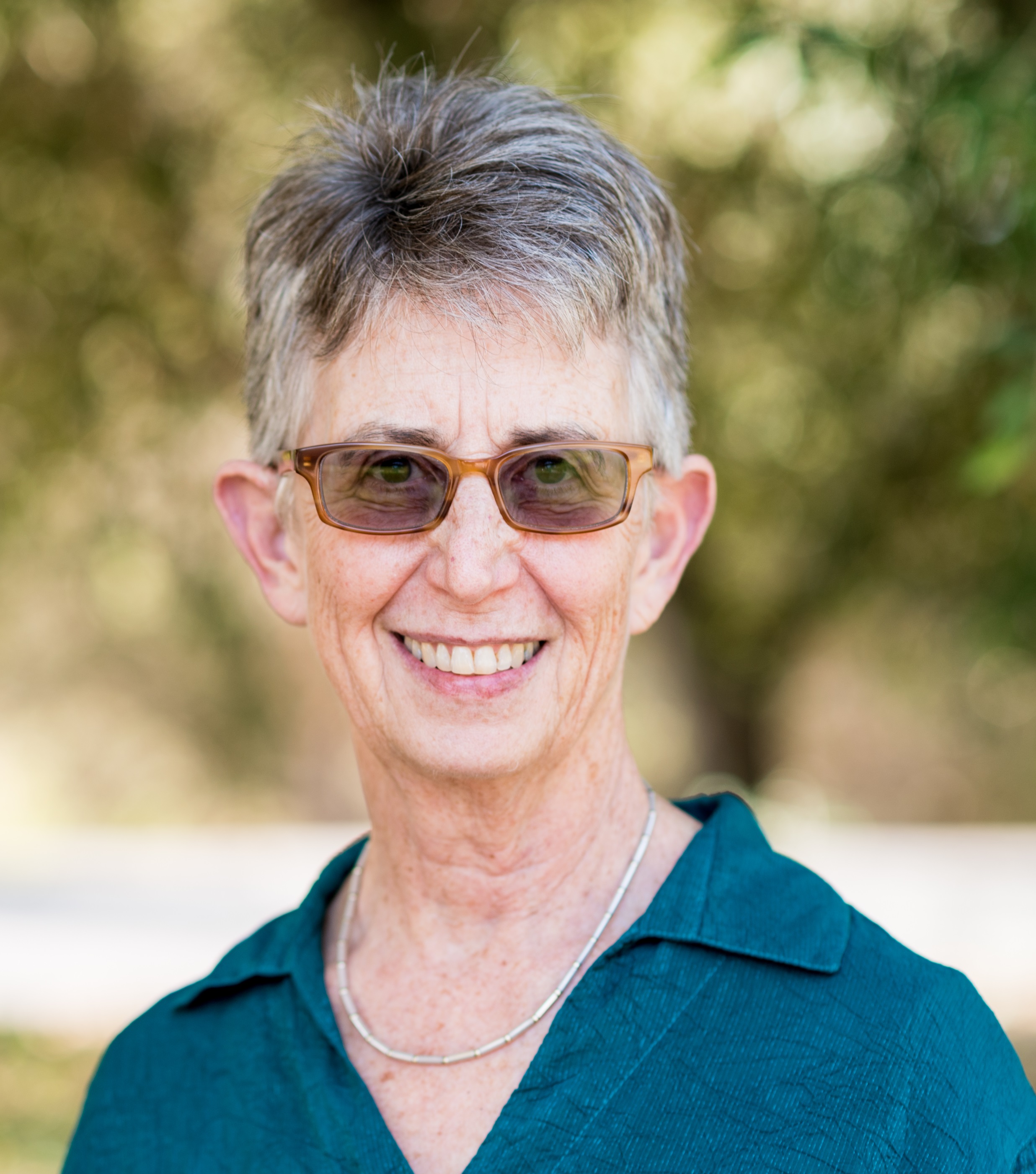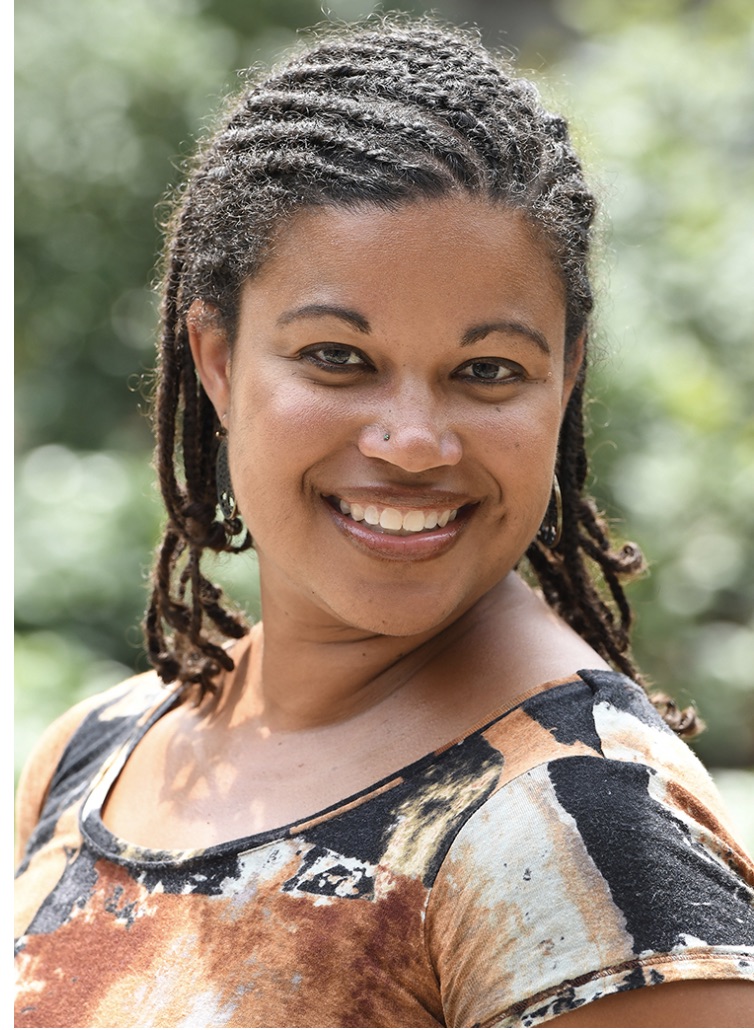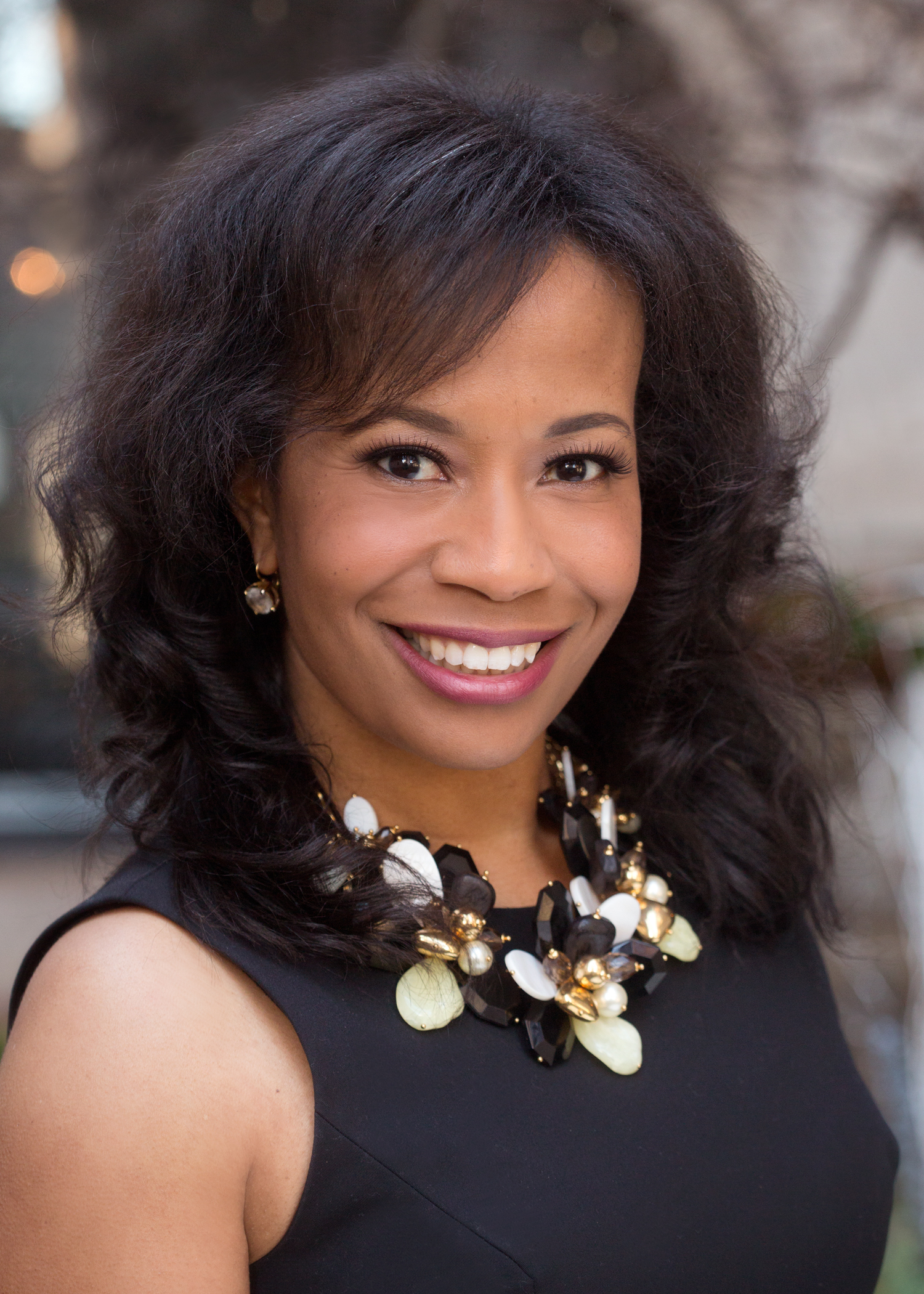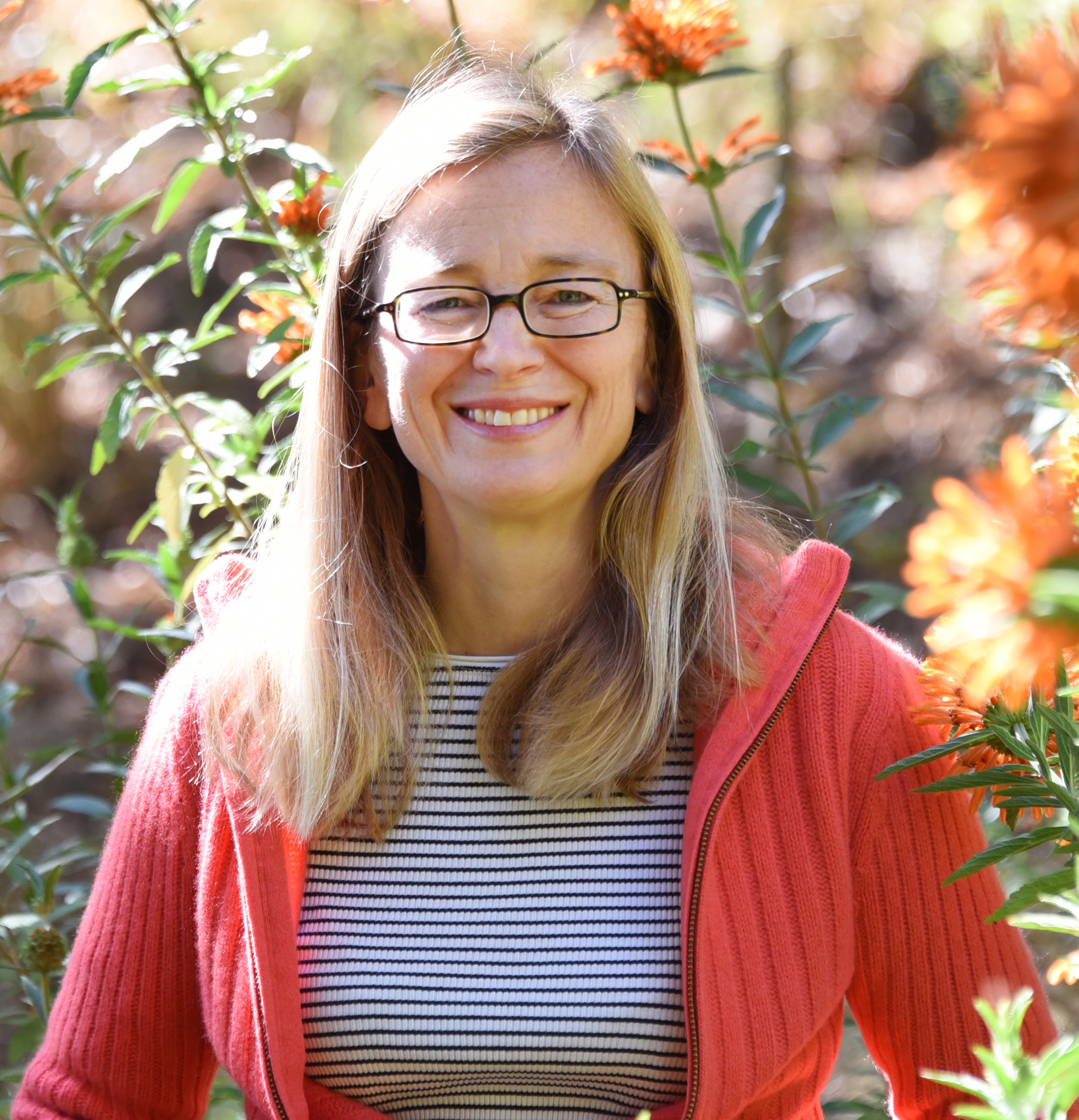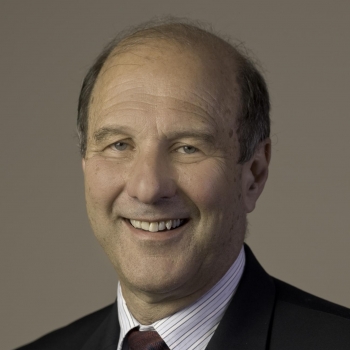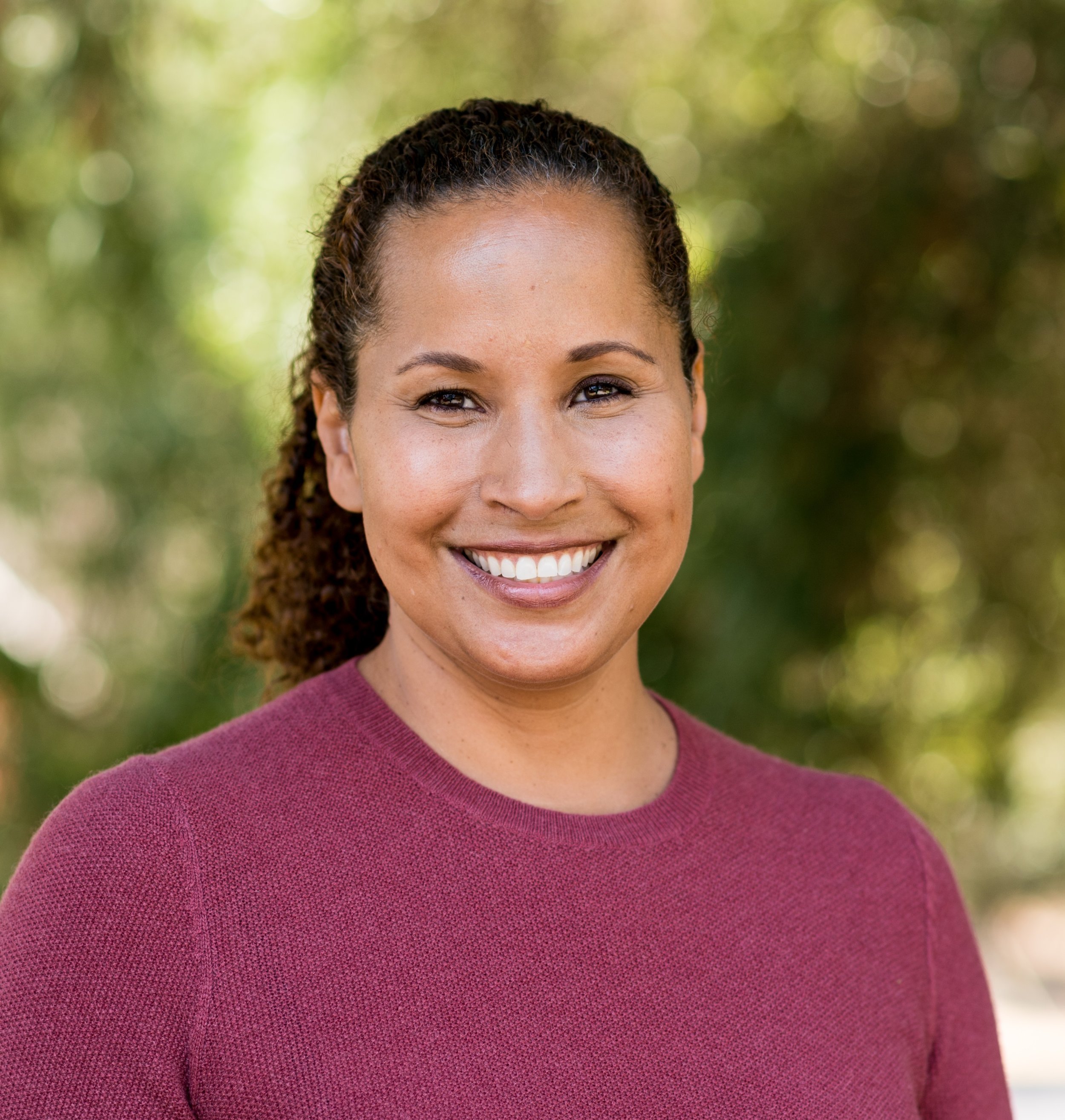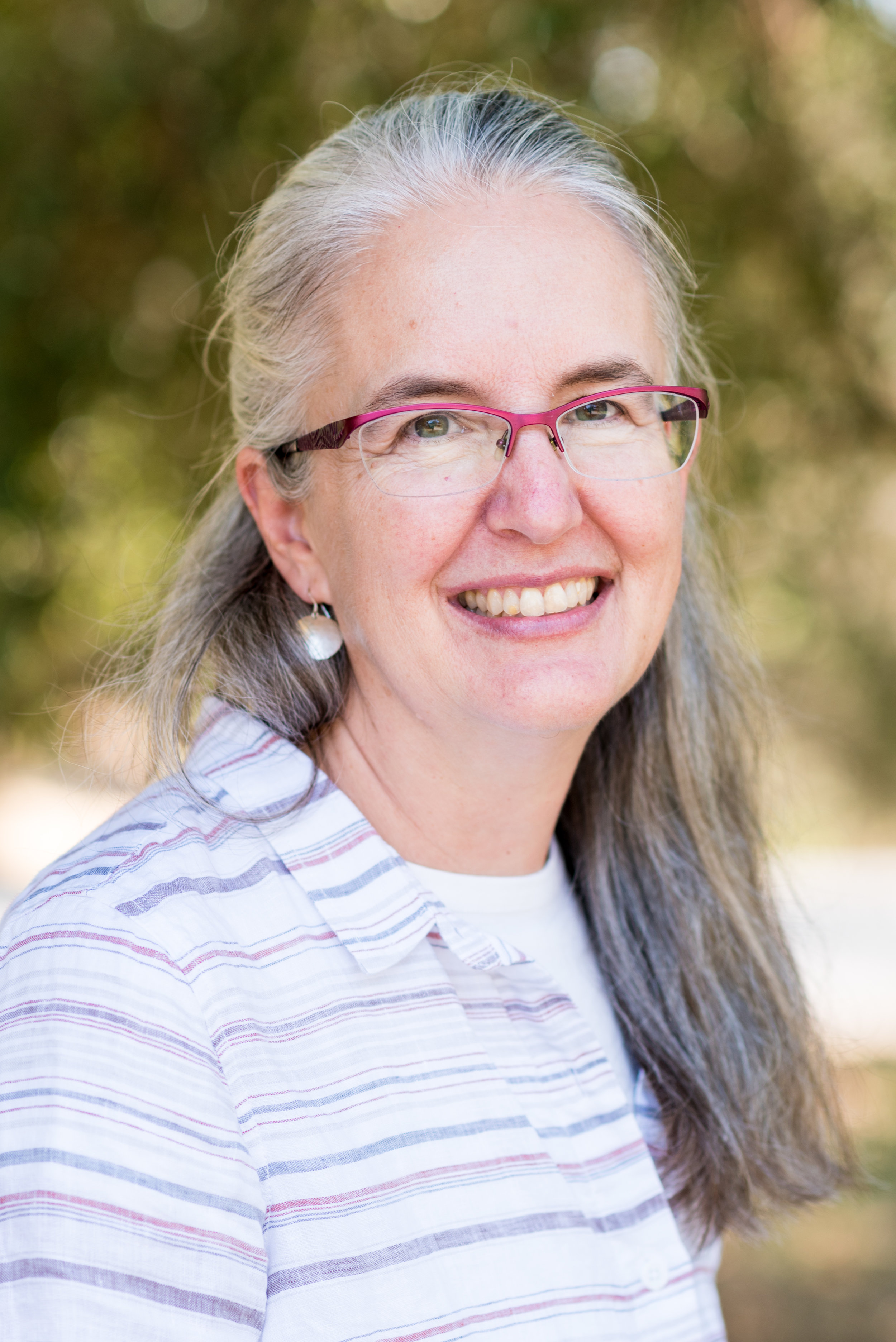Addressing Sexual Violence through Institutional Courage (Fall 2018-Winter 2020)
UPDATE: We did it! This project was active from Fall 2018-Winter 2020. It successfully gave birth to the Center for Institutional Courage, Inc.
Please visit the Center for Institutional Courage for our current activities
What remains here on this page is for history.
This collaborative special project has two interrelated goals. One is to nurture a research and action agenda for addressing sexual violence through institutional courage. The other is to give birth to The Center for Institutional Courage (CIC), a nonprofit that will bring this work into the world.
Overview: This project (1) engages in social science research on the inter-connected problems of sexual violence, DARVO, and institutional betrayal, as well as policy applications of institutional courage, and (2) will design and launch a nonprofit organization, The Center for Institutional Courage (CIC), as a national hub devoted to interdisciplinary basic and translational research. While there are many domains in our society in which institutional betrayal is rife and in which we urgently need institutional courage, the CIC will initially focus on sexual violence.
From Institutional Betrayal to Institutional Courage: The term Institutional Betrayal refers to wrongdoings perpetrated by an institution upon individuals dependent on that institution, including failure to prevent or respond supportively to wrongdoings by individuals (e.g. sexual assault) committed within the context of the institution. Research has documented the harm to individuals and institutions caused by institutional betrayal. Institutional Courage is the term Freyd, 2014 introduced as the antidote to institutional betrayal. It includes institutional accountability and transparency, as when institutions conduct anonymous surveys of victimization within the institution: "Enabling the methodical collection of data — and encouraging their transparent distribution and study — will signal to campus communities across the country that institutional betrayal can be replaced by institutional courage." (Freyd, 2014). For more on institutional courage including specific steps to take, see Freyd, 2018 and Freyd & Smidt, 2019. Our preliminary research indicates institutional courage is good for both individuals and institutions. We have identified various research-based steps toward institutional courage including leadership education, conducting anonymous surveys, being accountable and open to apology, education regarding responding well to disclosures and reports, engaging in self-study, keeping data and policies transparent, and rewarding truth-telling.
Commentary: Ten steps toward institution courage: When sexual assault victims speak out, their institutions often betray them, The Conversation, 11 January 2018.
Podcast: Sexual Violence & Institutional Courage - Jennifer Freyd: Host John Markoff speaks with Dr. Freyd about her career of groundbreaking research, from developing betrayal trauma theory to current work supporting institutional courage, Human Centered, 4 December 2019.
Partners: Our partners include the Freyd Dynamics Lab at the University of Oregon, the Stanford Center on Health and Stress at the School of Medicine at Stanford University, the VMware Women's Leadership Innovation Lab at Stanford University, and the Center for Advanced Study in the Behavioral Sciences at Stanford.
Support: We are grateful to Silence Breakers Alliance for seed support. Interested in learning more? Contact Project Director Jennifer Freyd at jjfreyd@gmail.com and explore the possibilities. Your support truly matters.
Who We Are
Director, Project on Institutional Courage, and Founder, The Center for Institutional Courage: Jennifer J. Freyd, Professor of Psychology at the University of Oregon, Visiting Scholar at Stanford Medical School, and Faculty Affiliate of the VMware Women's Leadership Innovation Lab at Stanford University.
Freyd is also currently a Member of the Advisory Committee, 2019-2023, for the Action Collaborative on Preventing Sexual Harassment in Higher Education, National Academies of Science, Engineering, and Medicine, and leader of the Program on Interdisciplinary Perspectives on Sexual Violence at the Center for Advanced Study in the Behavioral Sciences at Stanford University, 2019-20, where she was a Fellow, 1989-90 and 2018-19.
Executive Director, The Center for Institutional Courage: Lisa Schievelbein PsyD is stewarding the creation of The Center for Institutional Courage as a 501(c)3 organization. Schievelbein is a licensed clinical psychologist and strategy consultant based in Washington, D.C. Questions? Reach out at institutionalcourageoffice@gmail.com
Advisors: Elizabeth A. Armstrong, Professor of Sociology, University of Michigan, and Former Fellow, 2018-19, Center for Advanced Study in the Behavioral Sciences at Stanford University(CASBS); Mike Baiocchi, Asst. Professor of Medicine (Stanford Prevention Research Center), Stanford; Christine Blasey , Fellow 2019-20, CASBS, and Professor of Psychology at Palo Alto University; Shelley J. Correll, Professor of Sociology, and Director of the Stanford VMware Women’s Leadership Innovation Lab, Stanford University, and Faculty Fellow 2019-20, CASBS; Estelle B. Freedman, Professor of History, Stanford University and Faculty Fellow 2018-19, CASBS; Jennifer Gómez, Assistant Professor, Department of Psychology and Merrill Palmer Skillman Institute, Wayne State University; Allyson Hobbs, Associate Professor of History and Director of African and African American Studies, Stanford University; Ashley Judd, feminist social justice humanitarian, actress, #MeToo movement leader, founding member of Time’s Up; Kim Scott, author, CEO coach, previously at Apple University, Co-Founder of Radical Candor; David Spiegel, Willson Professor and Associate Chair of Psychiatry & Behavioral Sciences, Director of the Center on Stress and Health, and Medical Director of the Center for Integrative Medicine at Stanford University School of Medicine; Vanessa Tyson, Former Fellow 2018-19, CASBS, and Associate Professor of Politics, Scripps College; Kirsten Wysen, Former Fellow 2018-19, CASBS, and Policy Analyst, Public Health-Seattle & King County.
Research Team
We are actively working on several research projects investigating institutional betrayal, DARVO, and institutional courage, with graduate students and faculty colleagues at Stanford University, UC Santa Cruz, and the University of Oregon. From Stanford Sociology: Christianne Corbett, Chloe Hart, Sasha Johfre, and Meghan Warner. From Stanford School of Medicine: Mike Baiocchi and Clea Sarnquist. From Wayne State University: Jennifer Gómez. From UC Santa Cruz Psychology: Sarah Harsey. From Yale Medical School: Alec Smidt. From University of Oregon Psychology: Alexis Adams-Clark, Melissa Barnes, and Monika Lind.
Publications
Freyd, J.J.& Birrell, P.J. (2013). Blind to Betrayal. John Wiley & Sons.
Freyd, J.J. (2018). When sexual assault victims speak out, their institutions often betray them, The Conversation, 11 January 2018.
Harsey, S., Zurbriggen, E., & Freyd, J.J. (2017). Perpetrator Responses to Victim Confrontation: DARVO and Victim Self-Blame. Journal of Aggression, Maltreatment, & Trauma, 26, 644-663.
Presentations and Workshops
Betrayal and Courage in the Age of #MeToo, CASBS Symposium (Video of symposium here), Center for Advanced Study in the Behavioral Sciences, Stanford University, Stanford, California, 12 February 2019.
Institutional Betrayal and Institutional Courage - Full Day Workshops in Melbourne and Sydney, Sponsored by the Australian Childhood Foundation, Melbourne (21 May) and Sydney (22 May) Australia, 21-22 May 2019.
Also See
Freyd Dynamics Lab web site: https://dynamic.uoregon.edu/
Sexual Violence Symposium Grabs Media Spotlight (February 2019)
Note: This project was active from Fall 2018-Winter 2020. It successfully gave birth to the Center for Institutional Courage, Inc.
Please visit the Center for Institutional Courage for our current activities



